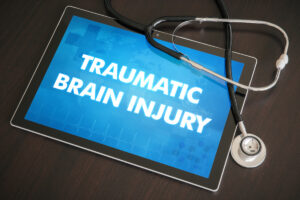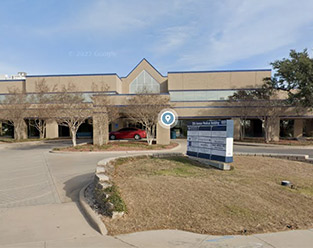Studies Show Increased Cognitive Defects as a Consequence of Additional Concussions
 Often, when you’ve suffered a bump or blow to the head, whether it’s in a car accident, a slip and fall or a recreational sporting event, your inclination and desire is to shake it off and return as quickly as possible to your routine. Studies show that doing so can lead to greater long-term health consequences. According to the Centers for Disease Control (CDC), individuals with a history of multiple traumatic brain injury or concussion had a statistically longer recovery period and more severe symptoms, leading to the following consequences:
Often, when you’ve suffered a bump or blow to the head, whether it’s in a car accident, a slip and fall or a recreational sporting event, your inclination and desire is to shake it off and return as quickly as possible to your routine. Studies show that doing so can lead to greater long-term health consequences. According to the Centers for Disease Control (CDC), individuals with a history of multiple traumatic brain injury or concussion had a statistically longer recovery period and more severe symptoms, leading to the following consequences:
- Ongoing challenges with cognitive skills, such as memory, concentration and problem-solving
- Persistent headaches or discomfort
- Physical problems, from vertigo and balance issues to hand-eye coordination
The Relationship between Repeated Concussions and CTE
Research shows that concussions or other blows to the head cause the death of nerve cells in your brain. Because those nerve cells cannot regenerate, the more blows to the head you suffer, the greater the percentage of brain nerve cells will be compromised. Ultimately, that can lead to a condition known as chronic traumatic encephalopathy, or CTE.
Currently, there is no treatment for CTE, though research indicates that some of the effects of CTE can be suspended if the victim avoids any further head trauma. The evidence is also clear that additional bumps or blows to the head can dramatically accelerate the cognitive losses caused by CTE.
Contact Us to Set Up an Appointment
At Advantage Healthcare Systems, we have extensive experience working successfully with individuals who have suffered a concussion or traumatic brain injury (TBI). Call us toll-free at 1-877-487-8289 or fill out the form provided below to schedule an assessment. We offer locations across Texas, including Fort Worth, Dallas and San Antonio.





